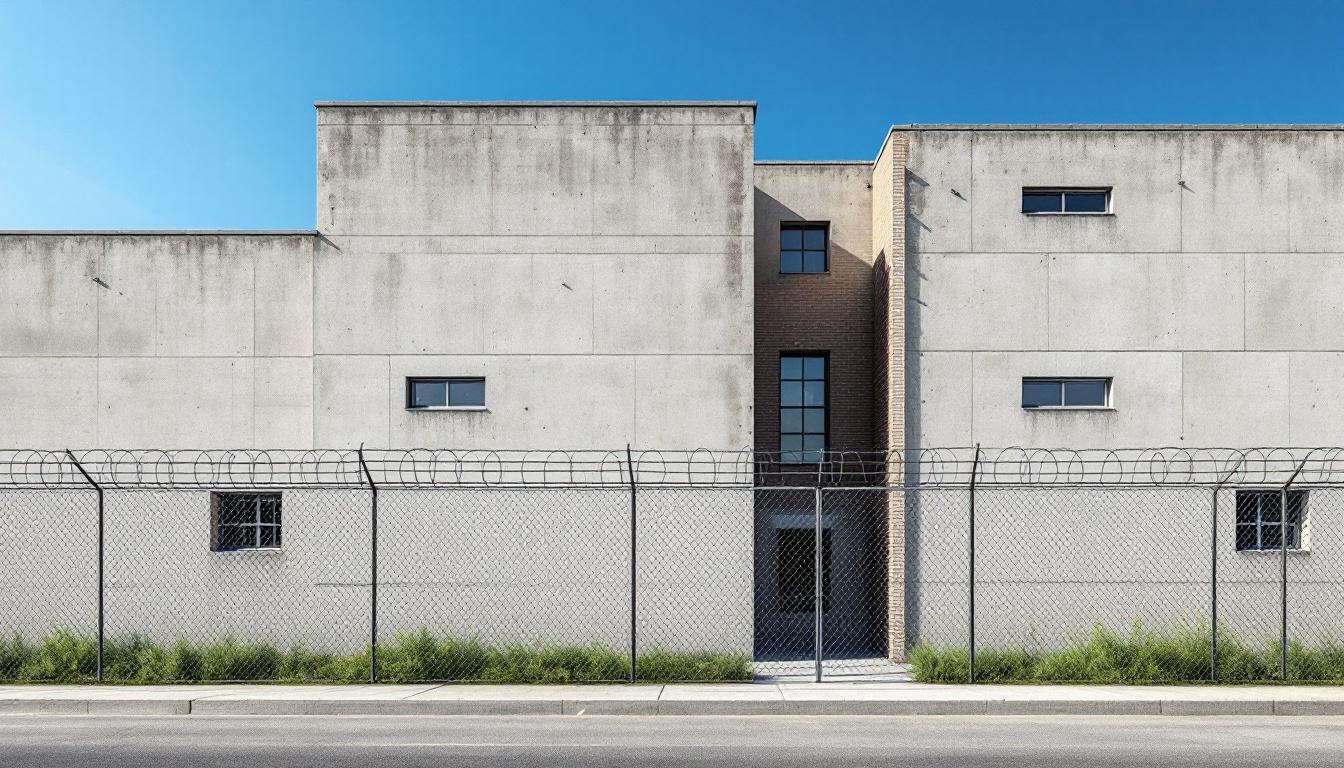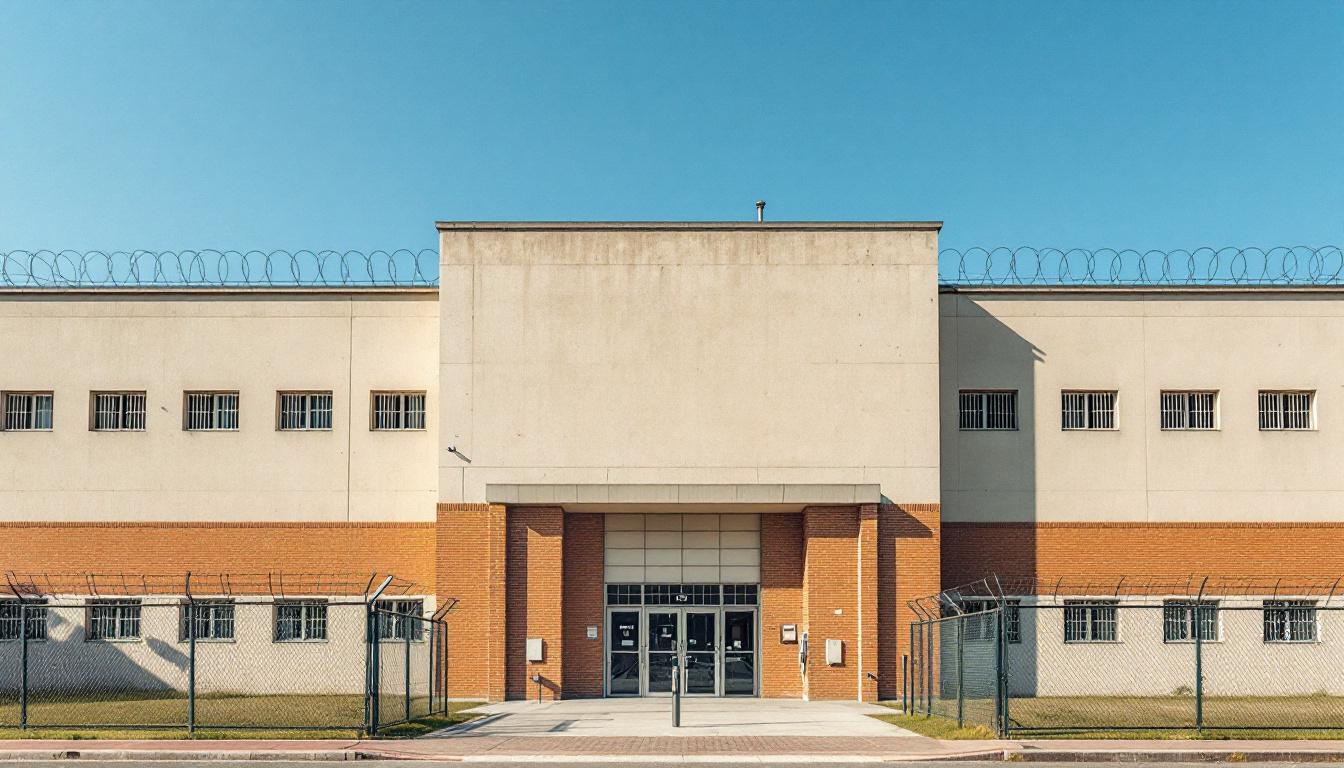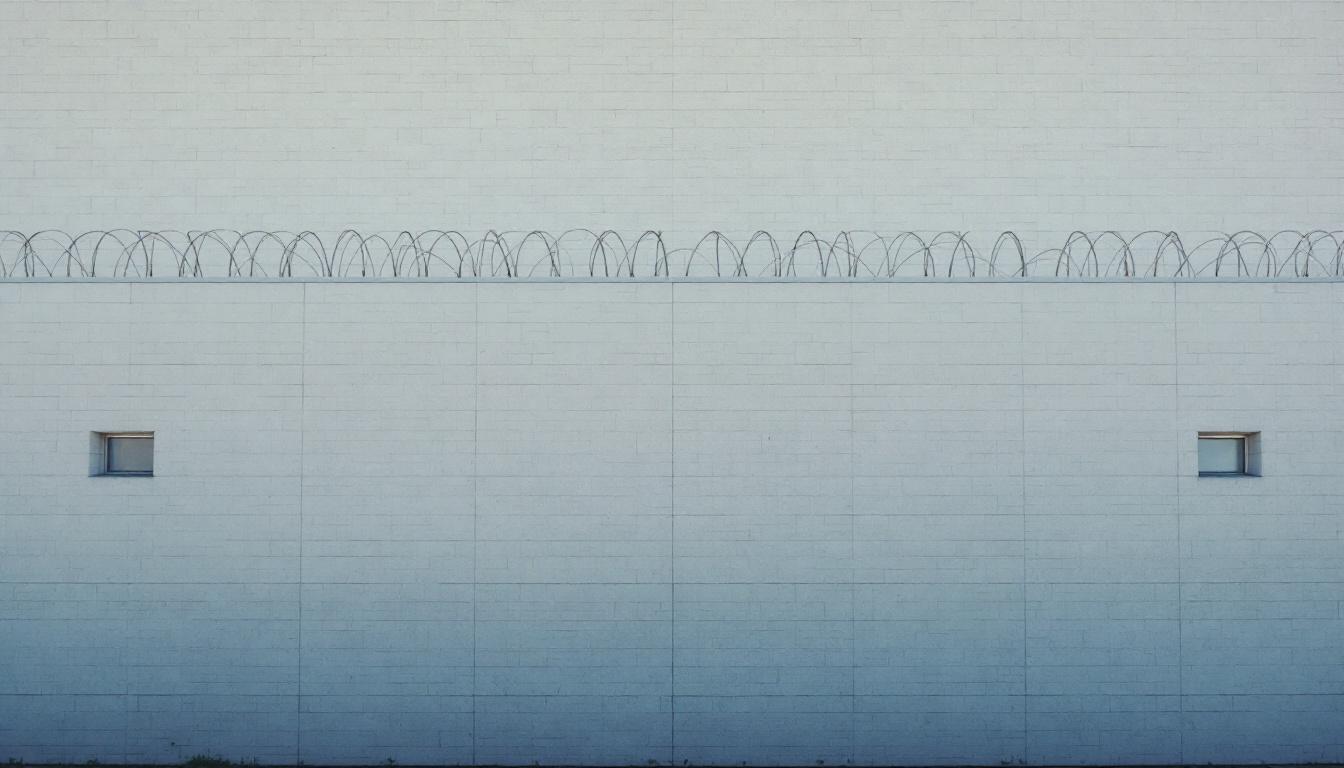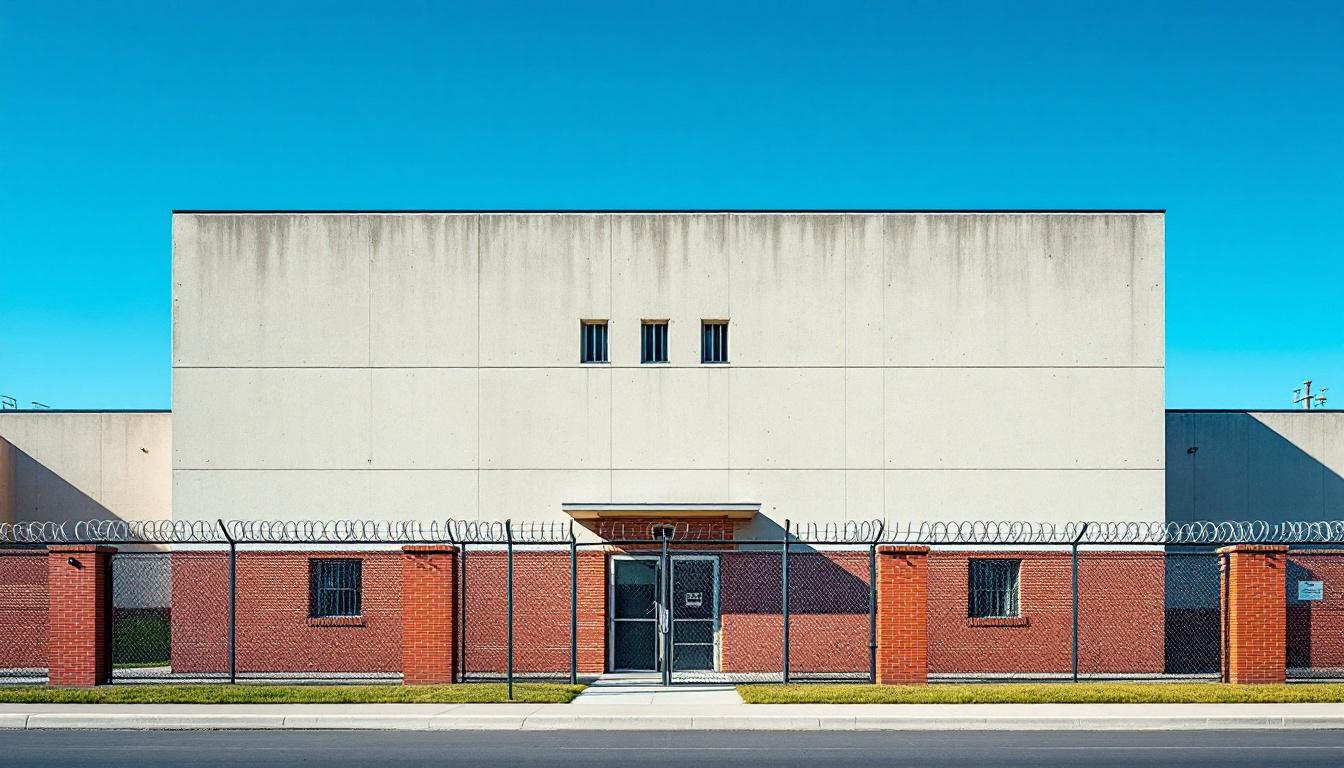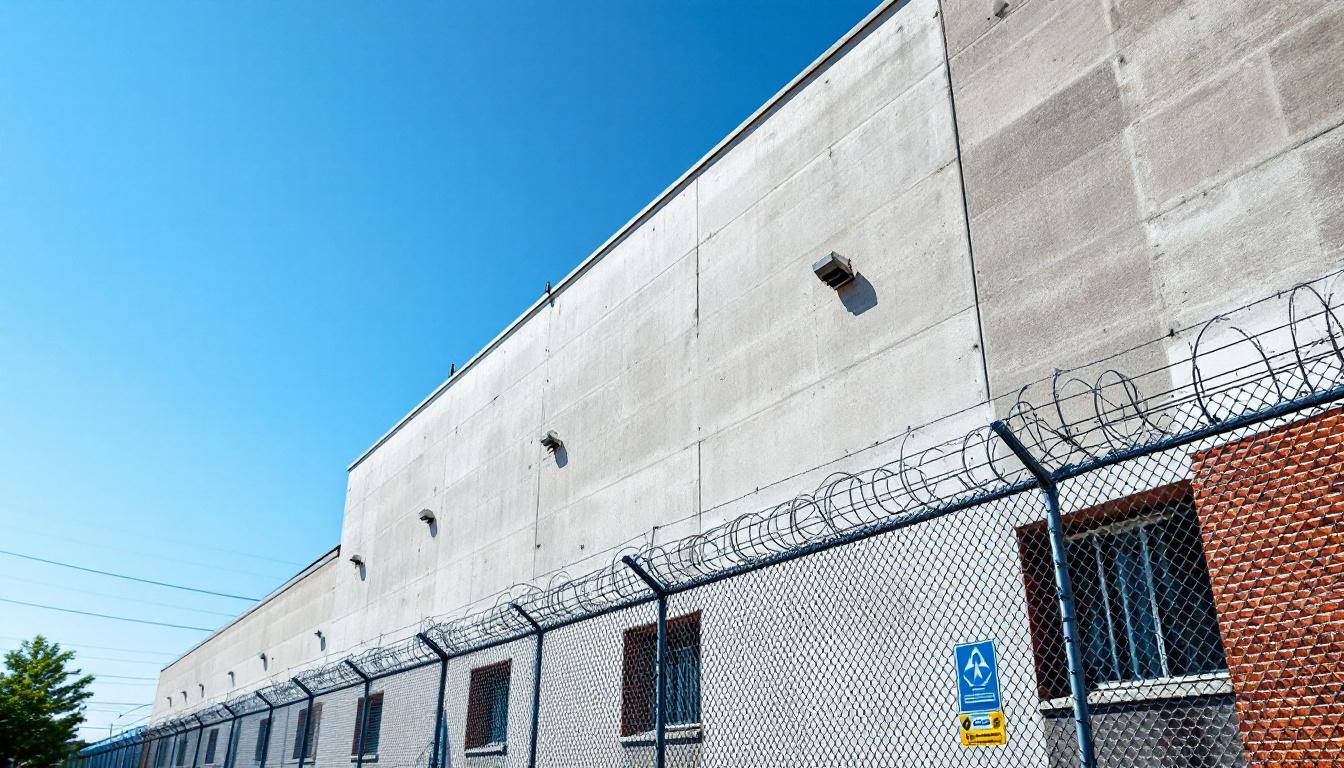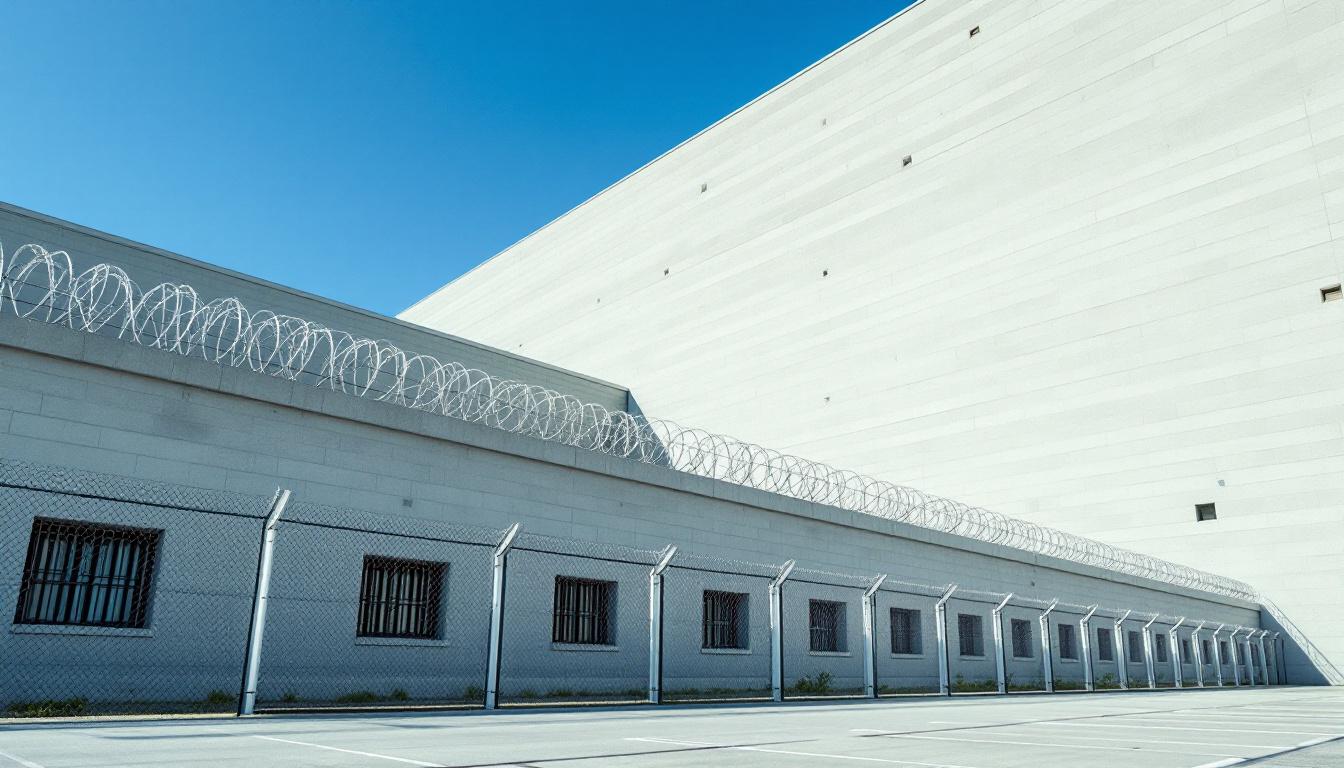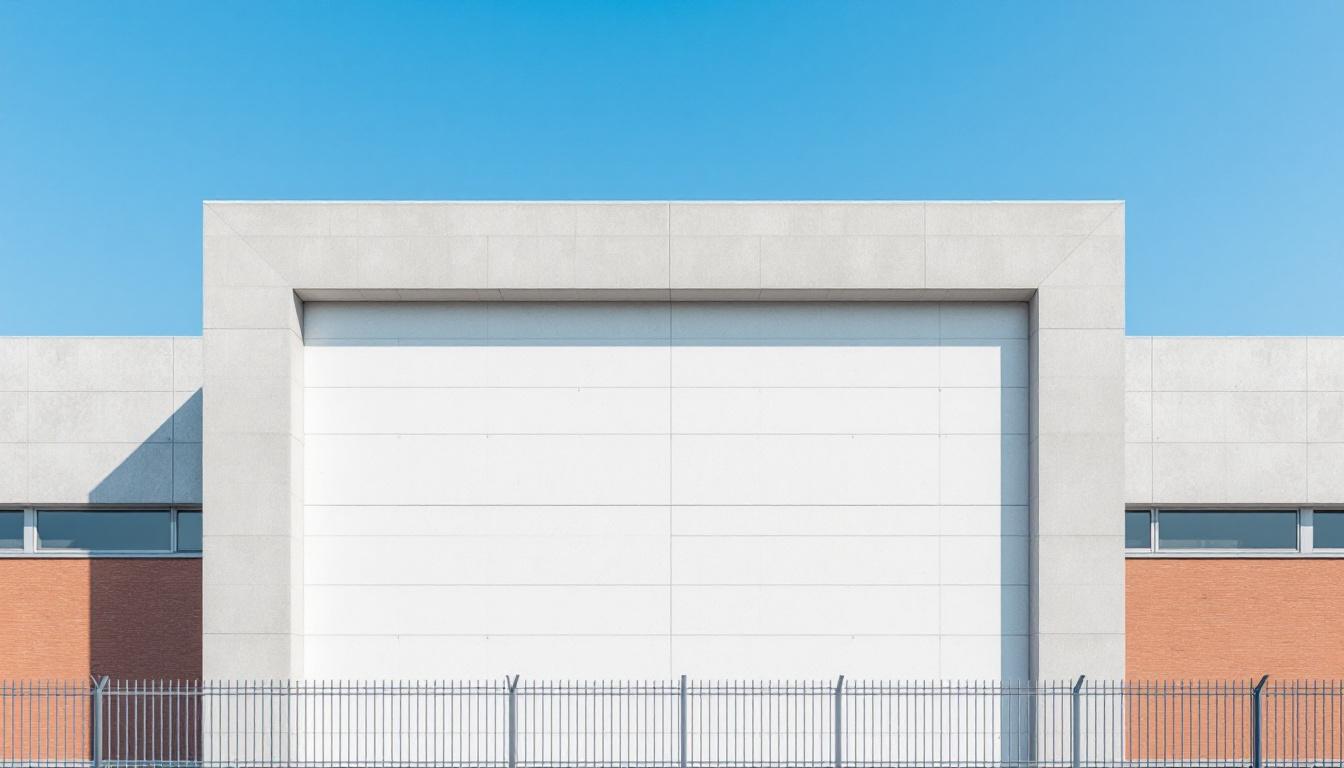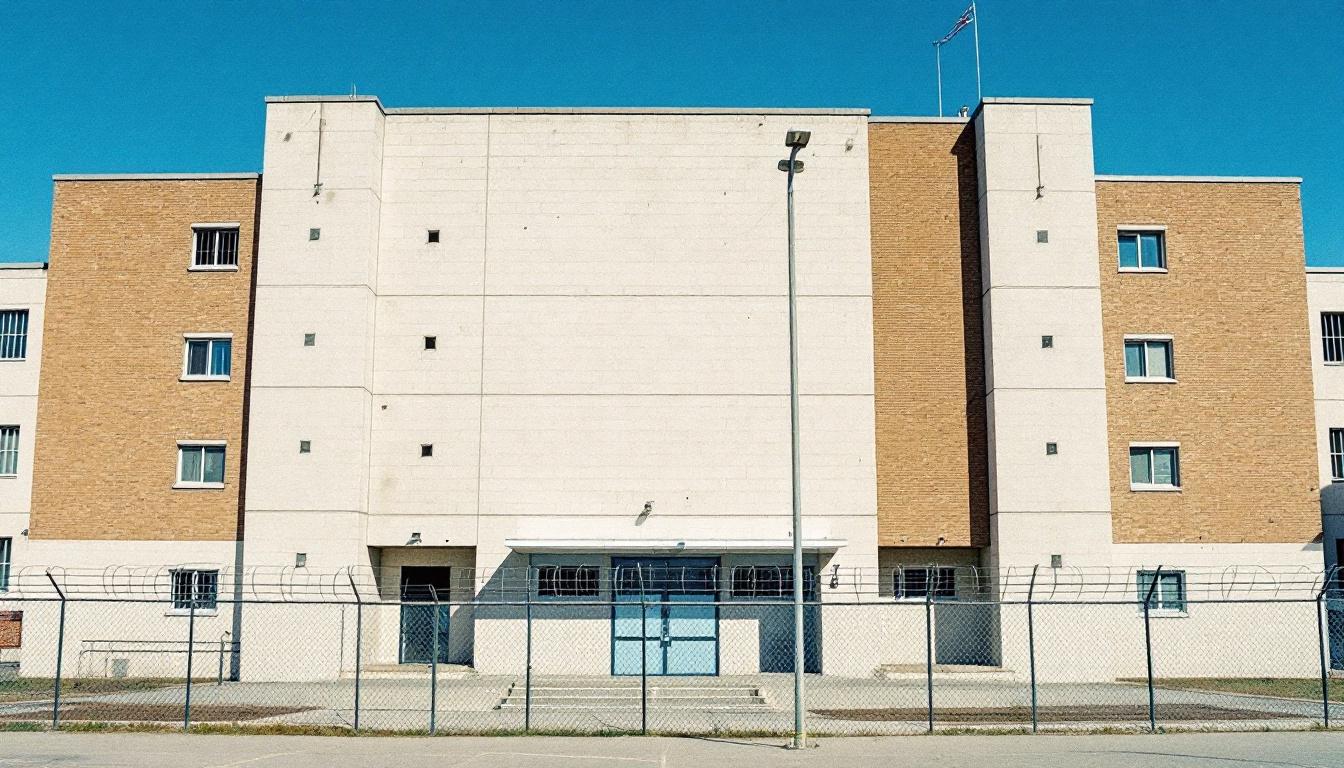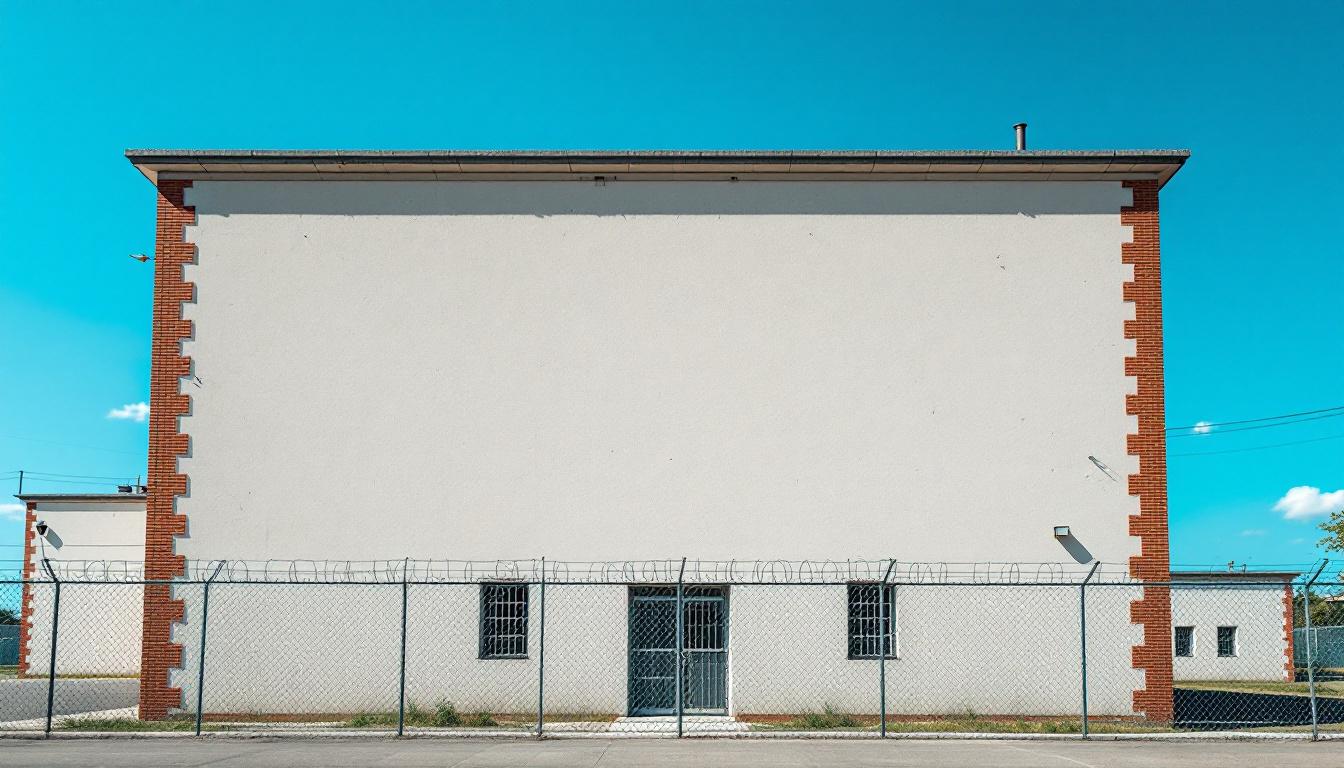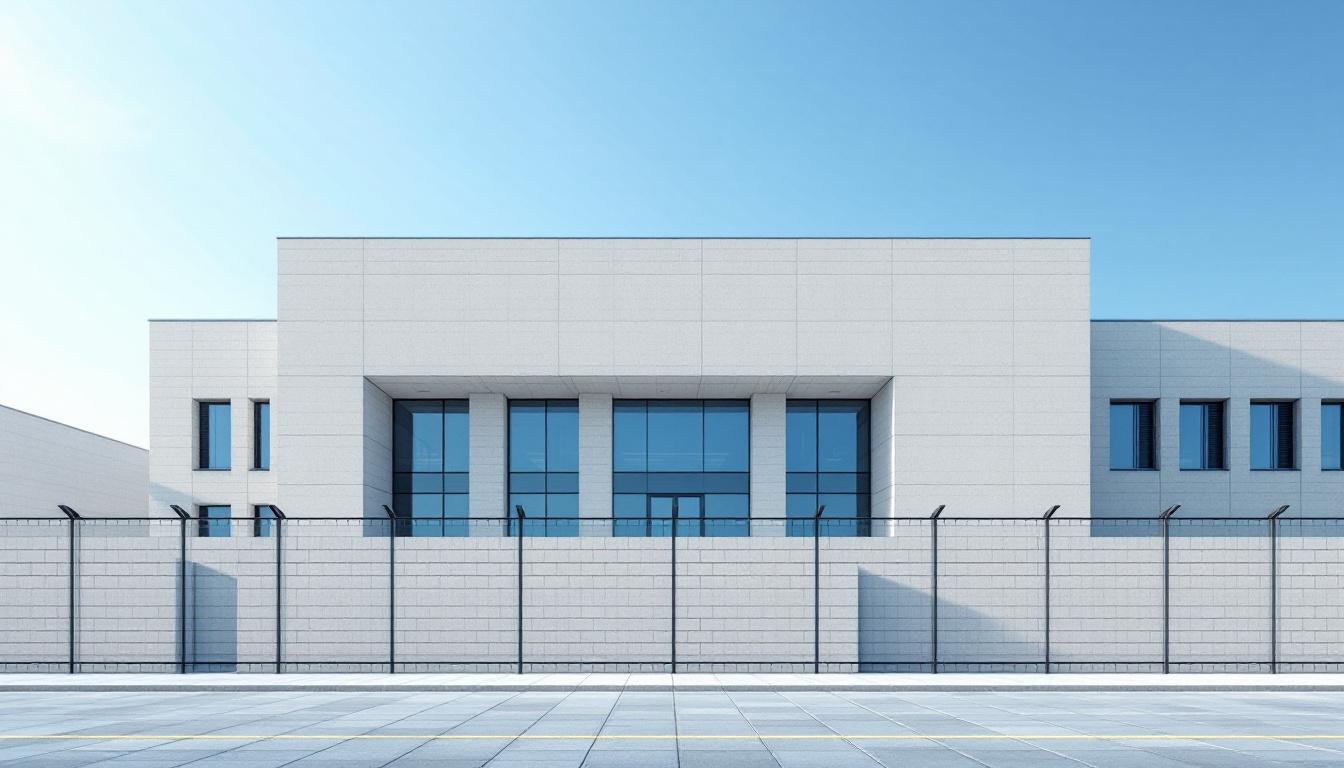
Quick Navigation
How to contact an inmate at Debra Johnson Rehabilitation Center
This comprehensive guide will walk you through how to connect with an inmate at Debra Johnson Rehabilitation Center. Follow the steps below to find an inmate and send letters and photos:
- Search for the inmate using our search tool below
- Create your account or log in to Penmate
- Write your message (up to 6,000 characters)
- Send instantly - inmates receive printed copies daily
Find an Inmate
Search for an inmate to start communicating today
Tip: You can search by first name, last name, or inmate ID number
To contact a person at Debra Johnson Rehabilitation Center start by searching for the person on the facility website. Perform a search by following these steps:
- Step 1: Enter their first name and last name into the search form and click "Search"
- Step 2: Locate their inmate record
- Step 3: Write down their Inmate ID and any housing information provided
Important! Be sure to enter the person's full name. Nicknames should not be used.
How to Send Messages to Inmates

You can use your phone or computer to send emails, letters, and photos to an inmate. Messages are sent electronically to inmate tablets or kiosks at the facility. If you would like to send a message, start by searching for an inmate at Debra Johnson Rehabilitation Center.
Sending Photos and Postcards

A great way to send love and support to a loved one at Debra Johnson Rehabilitation Center is to send photos and postcards. It only takes a few minutes to send photos from your phone and it makes a huge difference. You can also mail postcards with words of support and inspiration, or design your own postcard for special moments like birthdays and holidays.
Important! Be sure not to send any explicit photos or they may not be approved by the facility. You can also use a photo printing app like Penmate to make sure your photos are printed at the correct size (4x6 or 3x5) and are mailed according to the rules and regulations of Debra Johnson Rehabilitation Center.
Frequently asked questions about Debra Johnson Rehabilitation Center
-
How long does it take to deliver a message?
If you're sending an email message your letter is usually delivered within 24-48 hours. For messages sent via mail you should expect delivery within 3-7 days. All messages will need be approved by Debra Johnson Rehabilitation Center.
-
How much does it cost to send a message to Debra Johnson Rehabilitation Center?
You can send a message free using your phone or mail a message via USPS for the price of a $0.60 stamp and envelope. You can also purchase credits or e-stamps from services starting at $1.99.
-
What services can I use to contact an inmate at Debra Johnson Rehabilitation Center?
Penmate
You can use Penmate to send letters and photos to an inmate from your phone. It's an easy way to stay in touch during your loved one's incarceration. Use the inmate locator to find an inmate's location and contact information, then you can send messages within a few minutes.
Securus messaging
Securus may be another option for communicating with an inmate at Debra Johnson Rehabilitation Center. You can create a friends and family account and purchase credits to send messages. All messages will be reviewed and must be approved by the facility.
JPay
Some county jails and state prisons may support sending messages with JPay. You must register an account with the system, find your loved one, and purchase stamps to send messages. For some locations you can also attach photos.
Smart Jail Mail
You may also check if Smart Jail Mail is available at Debra Johnson Rehabilitation Center. Smart Jail Mail is operated by Smart Communications and has contracted with some state and county jails. After purchasing credits, your messages and photos are sent to the facility, printed out, and then handed out to your loved one.
-
What is the mailing address of Debra Johnson Rehabilitation Center?
Mailing address:
Debra Johnson Rehabilitation Center
3881 Stewarts Ln
Nashville, TN 37218
-
What are the visiting hours at Debra Johnson Rehabilitation Center?
Visiting hours at Debra Johnson Rehabilitation Center vary by housing unit and security level. Generally, visits are scheduled on weekends and holidays, with some facilities offering weekday visits. Contact the facility directly for the current visiting schedule. Visits typically last 30-60 minutes and must be scheduled in advance.
-
What items are prohibited when sending mail to Debra Johnson Rehabilitation Center?
Prohibited items typically include: cash, personal checks, stamps, stickers, glitter, glue, tape, staples, paperclips, polaroid photos, musical or blank greeting cards, hardcover books, magazines with staples, and any items containing metal or electronics. Only send letters on plain white paper with blue or black ink. Photos must be printed on regular photo paper (no Polaroids). Always check with Debra Johnson Rehabilitation Center for their specific mail policies.
-
How do I send money to an inmate at Debra Johnson Rehabilitation Center?
You can send money to an inmate at Debra Johnson Rehabilitation Center through several methods: 1) Online using JPay, Access Corrections, or the facility's approved vendor, 2) Money orders mailed directly to the facility with the inmate's name and ID number, 3) Kiosks located in the facility lobby, or 4) Over the phone using a credit or debit card. Fees vary by method, typically ranging from $2.95 to $11.95 per transaction.
-
Can I schedule a video visit with an inmate at Debra Johnson Rehabilitation Center?
Many facilities now offer video visitation as an alternative to in-person visits. At Debra Johnson Rehabilitation Center, video visits may be available through services like Penmate, Securus Video Connect, GTL, or ICSolutions. Video visits typically cost $10-20 for 20-30 minutes and must be scheduled in advance. You'll need a computer or smartphone with a camera and reliable internet connection. Contact the facility for their specific video visitation policies and approved vendors.
-
What identification do I need to visit an inmate at Debra Johnson Rehabilitation Center?
All visitors must present valid government-issued photo identification such as a driver's license, state ID, passport, or military ID. Minors must be accompanied by a parent or legal guardian who can provide the minor's birth certificate. Some facilities require visitors to be on the inmate's approved visitation list, which may require a background check. Contact Debra Johnson Rehabilitation Center for specific ID requirements and visitor approval procedures.
-
How can I find out an inmate's release date?
To find an inmate's release date at Debra Johnson Rehabilitation Center, you can: 1) Use the online inmate search tool if available, 2) Call the facility's records department, 3) Contact the inmate's case manager or counselor, or 4) Have the inmate provide this information during a call or visit. For privacy reasons, some facilities only release this information to immediate family members.
Facility Overview
Contact Information
Debra Johnson Rehabilitation Center3881 Stewarts Ln
Nashville, TN 37218
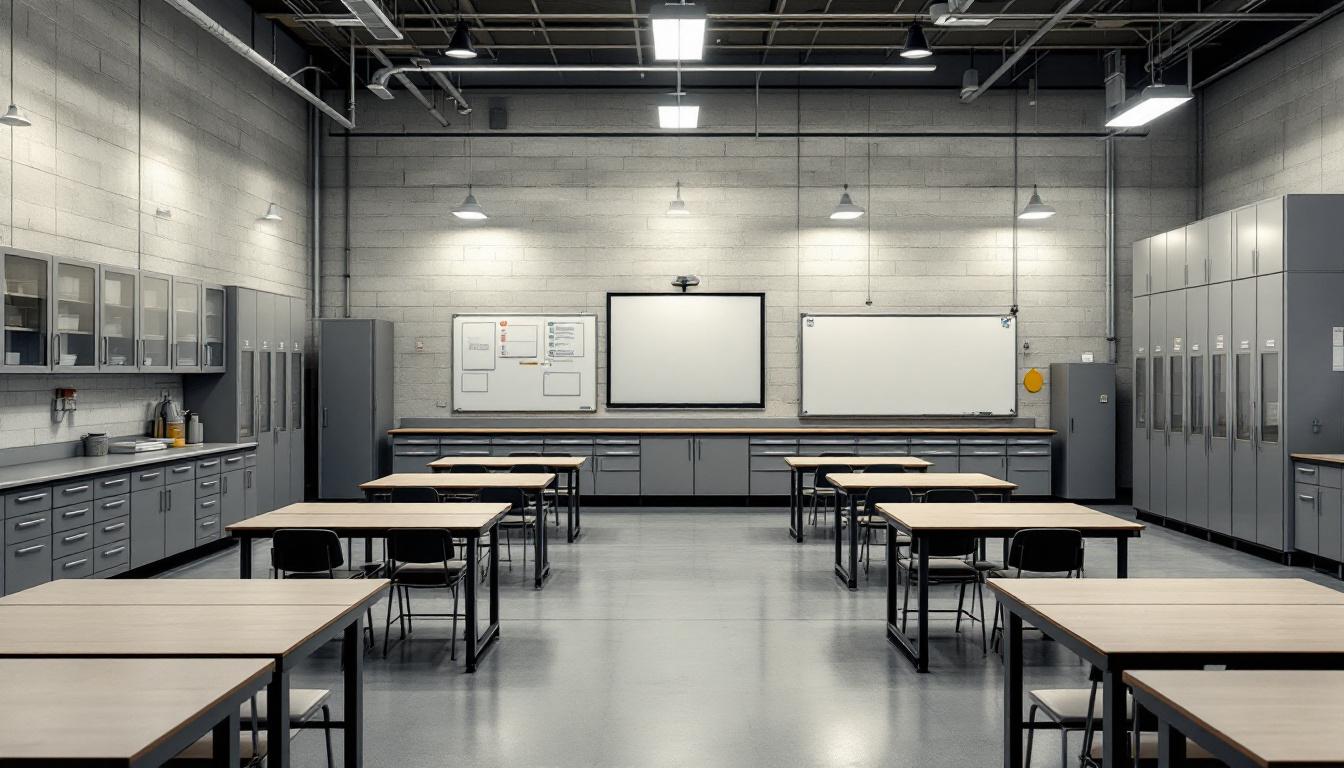
About Debra Johnson Rehabilitation Center
Correctional facilities throughout Tennessee serve as structured environments where evidence-based rehabilitation processes intersect with public safety objectives, and the Debra Johnson Rehab Center exemplifies this mission within Nashville’s correctional landscape. This TN correctional facility operates as an integral component of the state’s broader correctional system, implementing systematic approaches to address the population services needs of individuals working toward successful community reintegration.
Located in Nashville, the facility typically emphasizes process-oriented programming that may include substance abuse treatment, educational opportunities, and vocational training components. The center generally focuses on developing structured pathways that support inmates through various stages of rehabilitation, often incorporating counseling services and life skills development into daily operations. These evidence-based approaches typically aim to address underlying factors that contribute to criminal behavior while preparing individuals for eventual return to their communities throughout middle Tennessee.
The facility’s role within Nashville’s correctional infrastructure generally involves coordinating with various state agencies and community organizations to facilitate comprehensive rehabilitation services. Staff members typically work to implement programming that may include family reunification support, mental health services, and pre-release planning processes. Through these systematic approaches, the center contributes to broader public safety goals while supporting individual transformation efforts that benefit both participants and the greater Nashville community upon successful reintegration.
Programs & Services
Through a comprehensive framework of evidence-based interventions and individualized support services, the population at Debra Johnson Rehab Center receives targeted assistance designed to address the multifaceted challenges they face during their rehabilitation journey. The facility’s programming philosophy centers on fostering personal accountability while simultaneously providing the resources necessary for meaningful behavioral change and successful community reintegration. This dual approach recognizes that sustainable transformation requires both internal motivation and external support systems working in harmony.
Educational advancement serves as a cornerstone of the rehabilitation process, with education services typically encompassing foundational literacy instruction, academic skill development, and structured pathways toward credential completion. High school diploma programs may supply participants with opportunities to achieve educational milestones that were previously interrupted, often incorporating flexible scheduling and individualized pacing to accommodate diverse learning needs. Also, vocational programs frequently complement academic instruction by providing hands-on training in marketable trades and professional skills, enabling the population to develop competencies that enhance their employment prospects upon release.
The facility’s support infrastructure extends beyond academic and vocational preparation to encompass holistic wellness and relationship restoration initiatives. Faith-based programs often include spiritual counseling, religious study groups, and values-based mentorship opportunities that address moral and ethical development alongside practical life skills. Also, family reunification services typically focus on rebuilding damaged relationships through structured communication programs, conflict resolution training, and supervised visitation opportunities that gradually restore family bonds. These interconnected support systems work collaboratively to create a comprehensive foundation for long-term success and community integration.
Daily Life & Visitation
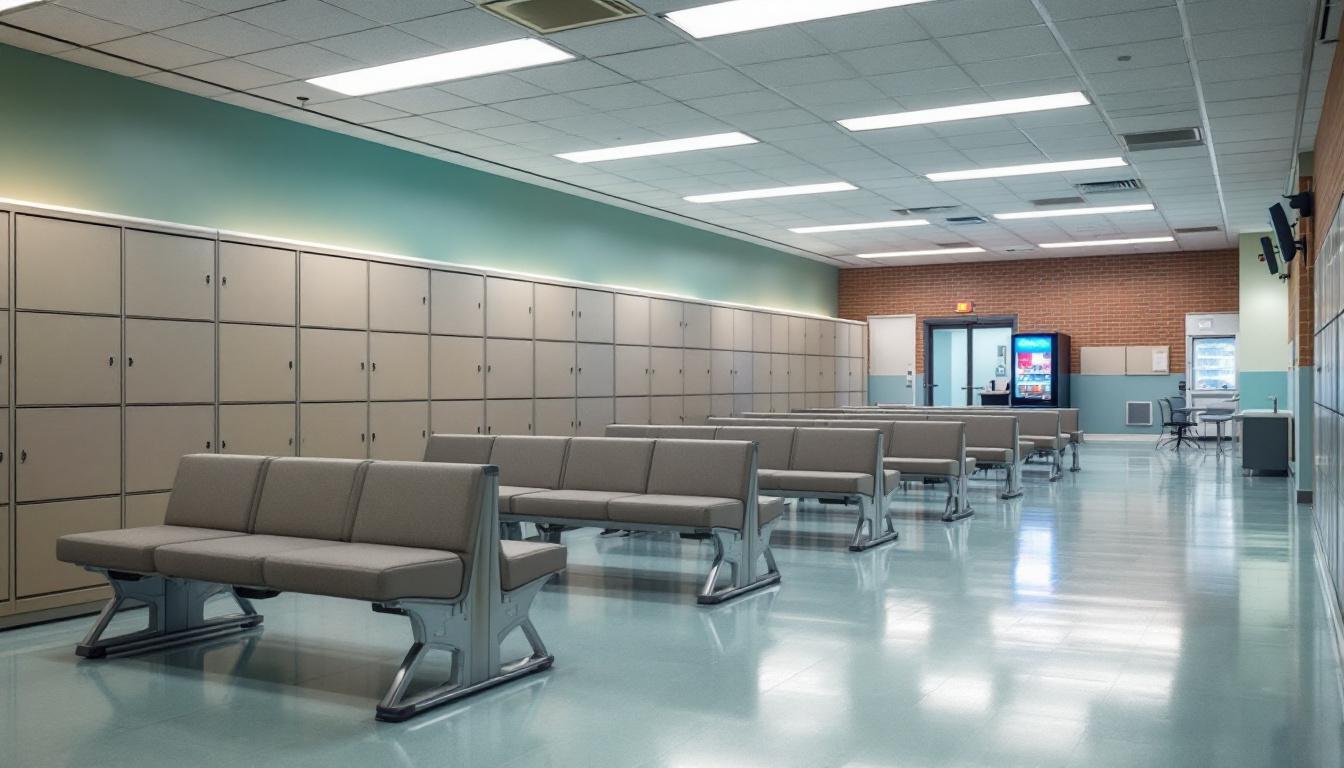
The carefully orchestrated framework of daily operations shapes every aspect of life for the population, where structured routines and clear expectations work together to create a predictable environment that supports rehabilitation goals. At present, residents actively participate in a comprehensive schedule that typically begins with early morning accountability checks, followed by meals served at designated times in communal dining areas where the population gathers under staff supervision. The structured programming schedules supply consistent opportunities for personal development, with residents moving between various activities throughout the day according to predetermined assignments and therapeutic requirements.
Living accommodations generally consist of dormitory-style housing units where residents share sleeping quarters, with personal belongings limited to approved items that may be stored in designated areas within each unit. Also, the facility typically provides basic furnishing and bedding, while residents often have access to commissary services where they can purchase approved personal items and snacks using funds from their accounts. However, all personal property usually undergoes inspection procedures, and residents must generally follow specific guidelines regarding what items they may possess during their stay.
The daily structure also incorporates recreational opportunities that may include outdoor exercise periods, indoor fitness activities, and organized games that help maintain physical wellness while providing constructive outlets for the population. Work assignments typically involve facility maintenance duties, kitchen responsibilities, or administrative tasks that supply valuable structure while contributing to the operation of the center. Family connections remain important through scheduled visitation periods and communication options that may include supervised phone calls and correspondence, though these privileges generally operate within established guidelines designed to support both security requirements and the therapeutic process.
Ready to Connect?
Start communicating with your loved one today
Search for an Inmate
